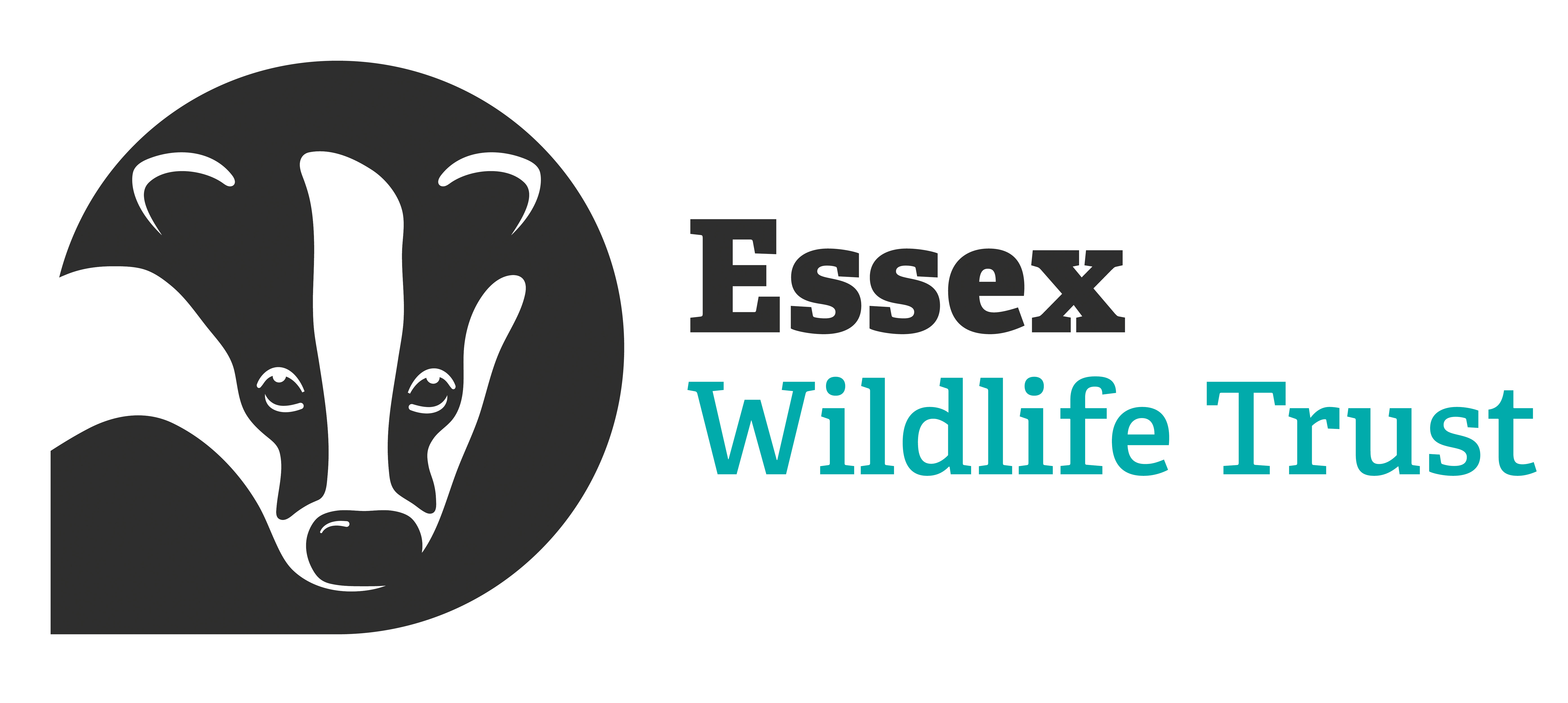2019 has seen extraordinary sightings of minke whales and bottlenose dolphins in UK waters, restoration of vital saltmarshes and conservation action by thousands of marine and coastal volunteers. The Wildlife Trusts’ Living Seas teams are the eyes and ears of the UK coast and have compiled their most memorable highlights – a marine review of the year. In brief:
Good news
· Highly successful new project recording minke whales and dolphins off the Yorkshire coast. Furthest south record of Scottish bottlenose dolphins
· Seal discovered commuting between Isle of Man and Cornwall
· Record year for grey seal colony at South Walney, Cumbria
· Excellent year for Sandwich terns at Cemlyn Bay, Wales
· Razorbill recovery on Handa Island Wildlife Reserve, Scotland
Bad news
· Kittiwake colony fails on Isles of Scilly, no chicks survived
· Increasing incidents of disturbance to wildlife
· Marine wildlife in peril from plastic, nurdles, litter and discarded fishing gear
Changes in marine environment
· Spread of non-native Pacific oyster as waters warm
Action for marine conservation
· Saltmarshes restored – a natural solution to carbon storage
· Seeds collected for new seagrass meadow
· Endangered skate and sharks successfully tracked and monitored
· Over 5000 marine volunteers got involved in citizen science and beach cleans
· Fishing4Litter collects 27 tonnes of marine waste
· Milestone: 41 new Marine Conservation Zones announced bringing total to 91
Joan Edwards, The Wildlife Trusts’ director of living seas, says:
“2019 saw a sea-change in people’s attitudes. The extent of the nature and climate emergency is becoming increasingly clear and more people than ever are volunteering to be citizen scientists and conducting important surveys or taking action to tackle the profound problems of marine litter and plastic pollution. They’ve shown their commitment to healthy seas by supporting The Wildlife Trusts’ campaigns to ensure government policies create more and better protection for marine wildlife and waters around the UK.”
Essex Wildlife Trust's work to create healthy Living Seas in Essex featured throughout the review, including our work to raise awareness about plastic pollution, protect and restore saltmarsh habitats and the tireless work of our dedicated volunteers:
Essex Wildlife Trust highlighted the problem of plastic pollution by commissioning a sculpture, Poly the seal and her pup Nurdle, made from washed up plastic and litter.
UK saltmarsh has declined by 85% in the past 100 years and what is left needs emergency protection. Saltmarsh captures large amounts of carbon through photosynthesis, storing the carbon in its vegetation, and the deep sediment beneath the surface. Saltmarshes also protect coastal land against flooding as a result of storm surges. Essex Wildlife Trust notched up a number of firsts this year with successful surveys showing fish are now colonising an emerging area of saltmarsh at Fingringhoe Wick, created following a planned breach in the sea wall five years ago. A new expanse of channels, lagoons and marsh is already becoming an important place for fish, waders and wildfowl. The first winter fish survey found new species like thin lipped grey mullet are using the saltmarsh. At Abbotts Hall Farm the first year of monitoring showed success for coir rolls installed by the Trust to protect the marsh, and for the first time citizen scientists trained by the Trust discovered numerous young fish including gobies, shrimp, bass, sea gooseberries, a small iridescent jellyfish at Two Tree Island saltmarsh.
Legendary volunteer Ray Marsh won The Wildlife Trusts’ Cadbury Medal for services to nature conservation. Ray retired in October after 60 years as volunteer warden of Essex Wildlife Trust’s Skipper’s Island; he rowed across to the island 10,000 times to look after this haven and its wildlife.
Rachel Langley, Living Seas Coordinator, Essex Wildlife Trust says:
“2019 has shown some very promising signs highlighting that if the wildlife is protected and habitat provided it’s able to come back and begin to thrive; with increasing numbers of seals, thornback rays, tope and positive fish surveys around Essex. However, the whole marine and coastal environment is under pressure – recreational disturbance threatens all breeding animals and pollution is an ongoing concern that we need to tackle together to allow our Living Seas to flourish.”
To read the full marine review, please visit www.wildlifetrusts.org
